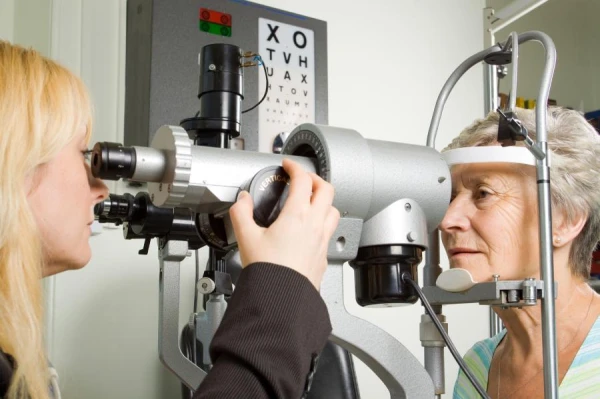
Stalin, Napoleon, and Edison each slept four hours a day, Caesar needed three hours, Tesla managed with two, while da Vinci napped for 30 minutes every four hours. Nevertheless, we all know the rule from childhood: an adult needs to sleep at least eight hours a day for the brain to fully recover.
Why is sleep so important?
Sleep is vital for all living beings. To put it simply, it serves as a kind of physiological cleansing for the brain. Throughout the day, the most energy-consuming organ in our body accumulates waste from the processing of chemical energy in the form of metabolites. During sleep, the spent "fuel cells" are replaced with fresh adenosine triphosphate — a universal energy source for all biochemical processes. A lack of it in the body, especially in the brain, can lead to irritability, memory issues, concentration problems, and even motor skill difficulties. Moreover, during sleep, the entire body rests, but I believe there are no questions about that.
Sleep physician Rafael Pelayo from Stanford University conducted a study that revealed a direct link between chronic sleep disturbances and diseases such as obesity, diabetes, hypertension, and even premature death. Neurologists warn that a lack of sleep causes specific proteins to accumulate in the brain, which may eventually lead to Alzheimer's disease and other neurological problems.
More is not always better?
Surprisingly, chronic oversleeping is three times more dangerous for health than sleep deprivation and can lead to the same neurological issues mentioned earlier. In 2014, a group of researchers led by Elizabeth DeVore from Stanford published results indicating that regular excessive sleep can lead to cognitive impairments. When it comes to the functioning of the body's systems, scientists compare the state of oversleeping to being intoxicated.
Another group of researchers from the National Sleep Foundation in the U.S. concluded that the traditional sleep schedule of urban dwellers is also not optimal. When we chronically do not get enough sleep during the weekdays and then try to catch up on weekends by waking up close to noon on Saturday, the body experiences stress due to the constant disruption of the routine.
Those who work long night shifts are also at risk. Up to 70% of melatonin in the human body is produced at night, and this hormone, produced by the pineal gland, is a natural antioxidant that regulates aging processes and supports the immune and endocrine systems.
So how much sleep do we need?
Recently, polyphasic sleep, where a person sleeps not all night but in parts throughout the day, has been gaining popularity. American historian Roger Ekirch claims that such a practice was common among our ancestors. However, sleep physicians do not have a consensus on the advisability of this method. At the same time, there is a large-scale study by American doctors from various fields of medicine (neurology, psychiatry, gerontology, and even pediatrics) that clearly states that an adult aged 26 to 64 needs to sleep an average of 7 to 9 hours.
Nevertheless, these figures are not dogma, medical professionals emphasize; it is important to consider individual characteristics of the body. Moreover, there are other data: psychiatrist Daniel Kripke asserts that a healthy person needs to sleep between 6.5 to 7.5 hours a day. Besides duration, the sleep period and comfort in one's own bed are also crucial. In other words, you may feel perfectly fine after 6 hours of night sleep in a cozy environment and be completely exhausted after 8 hours of daytime sleep on a hard couch.













